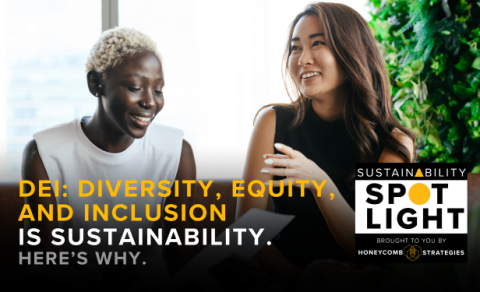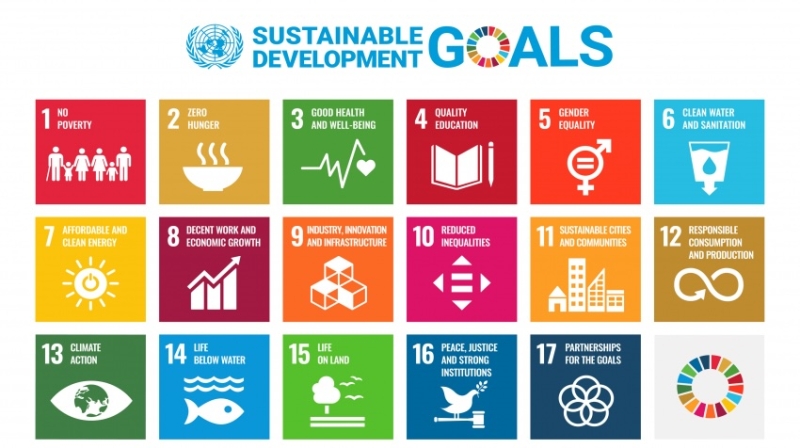DEI: Diversity, Equity and Inclusion Is Sustainability. Here’s Why

Exclusively sponsored by Honeycomb Strategies.
The United Nations 17 Sustainable Development Goals, adopted in 2015, “recognize that ending poverty and other deprivations must go hand-in-hand with strategies that improve health and education, reduce inequality, and spur economic growth – all while tackling climate change and working to preserve our oceans and forests.” If that sounds like all-encompassing, world-changing rhetoric… well, it’s the U.N. That’s their job.
But it’s our job as sustainability consultants to help our clients ladder up to the U.N.’s lofty goals. And in doing so, we are often challenged to explain why we include diversity, equity and inclusion (DEI) in our sustainable measurements of events, venues and organizations.
Simply put, environmental progress can’t be made without the input and action of human stakeholders.
Reaching the Most Vulnerable
When organizations are diverse and equitable, there are seats at the table for people who are more affected by outcomes like climate change. “Racially and socioeconomically marginalized communities in the USA have been shown to experience greater impacts from storm and flood events, extreme heat and infectious diseases that are becoming more frequent due to climate change.”When we ensure that decision-makers are representative of a large swath of stakeholders, environmental outcomes are more likely to reach the communities most in need of large-scale action.

Constructing Resilient Solutions
Furthermore, when it comes to innovation, different cultural, racial and gender perspectives bring unique insights and ideas to the table, which can lead to more effective and sustainable solutions to complex challenges. “By correlating diversity in leadership with market outcomes as reported by respondents, we learned that companies with… diversity out-innovate and out-perform others.” Inclusive decision-making processes that value diverse viewpoints are more likely to result in solutions that are acceptable, effective and sustainable in the long term.
Representing Stakeholders
By the same token, when decision makers consider DEI in sustainability, they likely reflect the priorities of the many people who comprise their event clients, attendees and exhibitors, sponsors, membership groups and employees. McKinsey conducted a survey in 2021 that revealed “two out of three Americans told us their social values now shape their shopping choices” and these trends amplify in Millennials and Gen Zs, the next generation of event goers with significant purchasing power. Considering DEI in conjunction with sustainability increases the likelihood of attracting new business, retaining current customers and growing brand value authentically.
Going Beyond Numbers
We encourage and report on DEI metrics in our sustainability consulting because it begins the conversation about how deeply human wellbeing intertwines so many pieces of our existence. In the long run, a numbers approach to diversity isn’t adequate. There are invisible or undisclosed differences that make each of our perspectives unique and valuable. And quotas for certain demographics can easily become dehumanizing and counterproductive. But, for those new to event industry sustainability, we encourage you to weave DEI into your sustainability plans to lay the foundations for the complex intersection of strategies that make up good governance and organizational resilience.


Add new comment